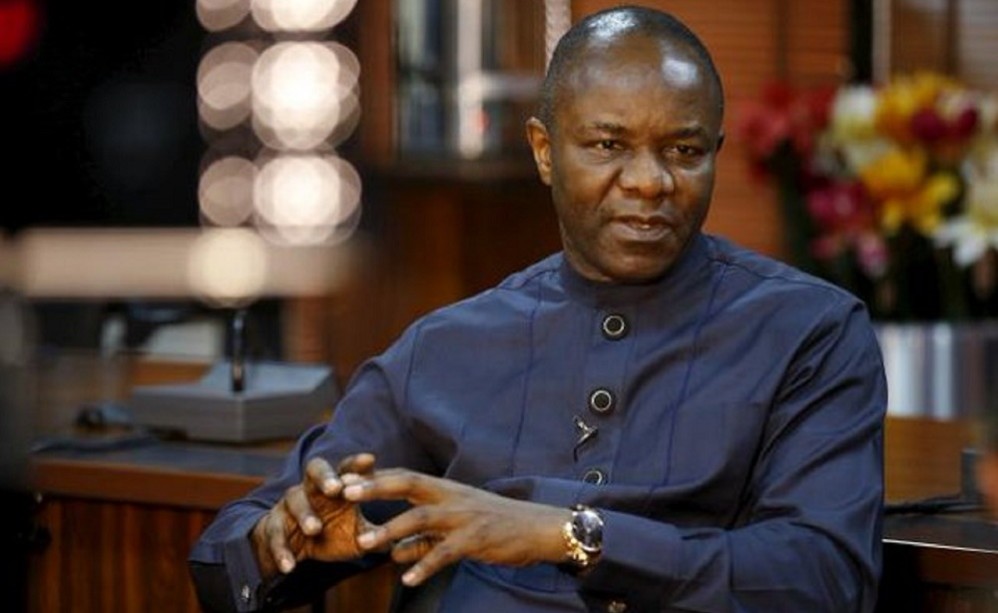Nigeria to withdraw licence of idle oil refinery

The Federal Government has said it will withdraw the refinery licences that have remained idle in the hands of private investors since they were issued.
The Minister of State for Petroleum Resources, Dr. Ibe Kachikwu, stated this on Wednesday on the sidelines of an ongoing annual Offshore Technology Conference in Houston, United States.
The News Agency of Nigeria quoted the minister as saying that he had discussed the matter with the Department of Petroleum Resources.
The DPR’s statutory functions include processing application for various licences, permits and approvals across the oil and gas value chain.
Kachikwu said the aim of giving licences was to reduce the huge capital flight to fuel importation, meet local demand and look at possible exports.
“I have spoken with the DPR on the matter. Those who have not been able to move forward will have their licences withdrawn,” he said.
The Federal Government under former President Olusegun Obasanjo had granted licences to some private concerns to build refineries but most of them have yet to put it to use.
The minister explained that the review of the system was necessary as the nation’s existing refineries, which had a combined capacity of 445,000 barrels per day, were grossly inadequate to meet the national daily demand.
He said that his outlook for the year for the sector was to “have a robust relation with investors to increase production of crude to 2.5 million bpd and then to three million bpd”.
On incentives for modular refineries, Kachikwu said, “Since they will be located in states, land will be provided for the refineries.”
He explained that investors would leave other countries to do business in Nigeria irrespective of seeming unstable business climate, because “Nigeria has the best returns on any investment in the world. The terrain is good.’’
The minister also said, “A lot of latitude is given to investors to develop what works for them. Most of them know how to be resilient because they know the returns. Our resource base is huge. We have huge gas reserves, huge downstream opportunities.
“I don’t know of any country that has that much resource, that income generation. I think we can favourably compete with Saudi Arabia.”
He said that when he took over at the ministry, there were security issues and downstream policies were not robust.









0 Comments